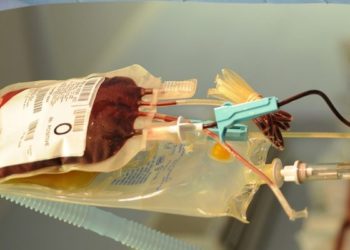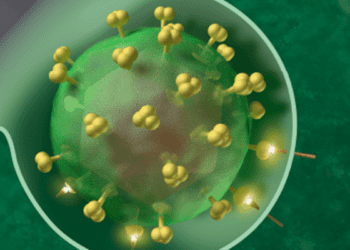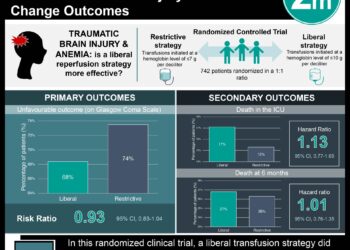Study explores effects of daily iron supplementation in 2- to 5-year-olds
[tabs tab1=”2MM Rundown” tab2= “2MM Full Report”]
[tab]
Image: PD
1. Daily iron supplementation in 2- to 5-year-olds increases hemoglobin and ferritin levels, though there is insufficient data to infer impact on iron deficiency anemia.
2. Supplementation has no effect on physical growth or morbidity from infectious causes.
3. Further data are needed to assess effects of daily iron supplementation on cognitive development, though this meta-analysis suggests a small benefit.
This systematic review and meta-analysis culls the results of 15 studies on the effects of daily iron supplementation in 2- to 5-year–olds in developing countries. While confirming that supplementation increases hemoglobin and ferritin levels, the analysis was unable to infer its impact on the clinical outcomes of iron deficiency or iron deficiency anemia. A small benefit in cognitive development was noted in supplementation, but further data are needed to adequately assess this. Supplementation had no effect on physical growth, nor did it increase morbidity from diarrhea or respiratory infections.
Click to read the study in Pediatrics
[/tab]
[tab]
Image: PD
1. Daily iron supplementation in 2- to 5-year-olds increases hemoglobin and ferritin levels, though there is insufficient data to infer impact on iron deficiency anemia.
2. Supplementation has no effect on physical growth or morbidity from infectious causes.
3. Further data are needed to assess effects of daily iron supplementation on cognitive development, though this meta-analysis suggests a small benefit.
This [systematic review and meta-analysis] incorporates 15 studies on daily iron supplementation in 2- to 5-year-olds from developing countries with a high prevalence of iron deficiency. An increase in hemoglobin [6.97 g/L, P < 0.00001] and ferritin [11.65 μg/L, P < 0.0001] was observed in those supplemented, though the studies analyzed did not report on clinical impact on iron deficiency. A small improvement in cognitive development [standardized mean difference 0.25, 95% confidence interval 0.06 – 0.45] was noted through a meta-analysis of two studies with 294 total subjects. Supplementation had no effect on physical growth or morbidity from diarrhea or respiratory infections. Limitations to the meta-analysis include number and quality of established studies, including that all included studies had significant design biases. Little data on adherence to supplementation or loss to follow-up were collected. Since the studies were conducted in developing countries, these conclusions can be extrapolated only to similar populations.
In sum: This systematic review and meta-analysis culls the results of 15 studies on the effects of daily iron supplementation in 2- to 5-year–olds in developing countries. While confirming that supplementation increases hemoglobin and ferritin levels, the analysis was unable to infer its impact on the clinical outcomes of iron deficiency or iron deficiency anemia. A small benefit in cognitive development was noted in supplementation, but further data are needed to adequately assess this. Supplementation had no effect on physical growth, nor did it increase morbidity from diarrhea or respiratory infections.
Click to read the study in Pediatrics
By Neha Joshi and Devika Bhushan
More from this author: New guidelines for pediatric acute otitis media released
© 2013 2minutemedicine.com. All rights reserved. No works may be reproduced without written consent from 2minutemedicine.com. Disclaimer: We present factual information directly from peer reviewed medical journals. No post should be construed as medical advice and is not intended as such by the authors or by 2minutemedicine.com. PLEASE SEE A HEALTHCARE PROVIDER IN YOUR AREA IF YOU SEEK MEDICAL ADVICE OF ANY SORT. Content is produced in accordance with fair use copyrights solely and strictly for the purpose of teaching, news and criticism. No benefit, monetary or otherwise, is realized by any participants or the owner of this domain.
[/tab]
[/tabs]







